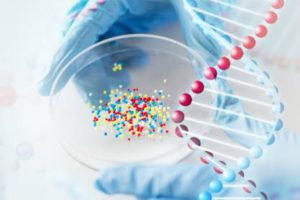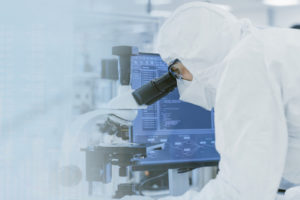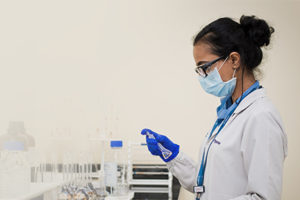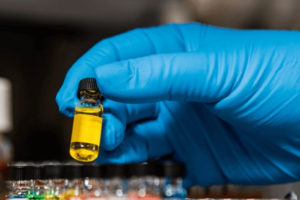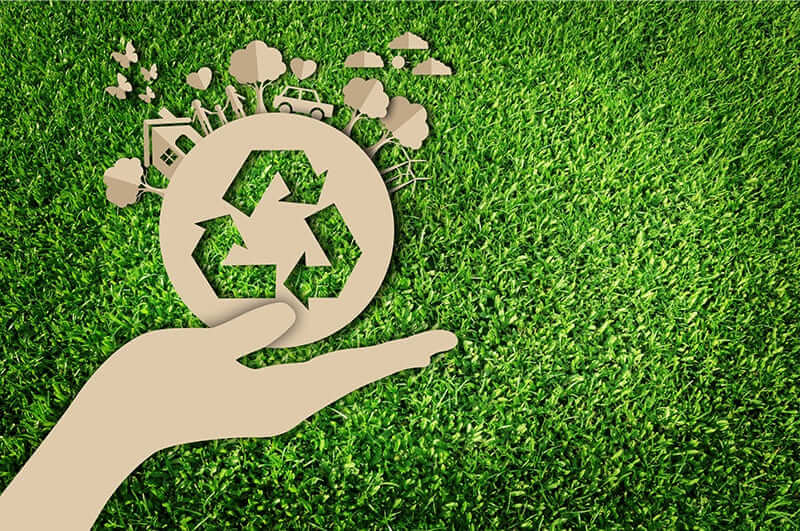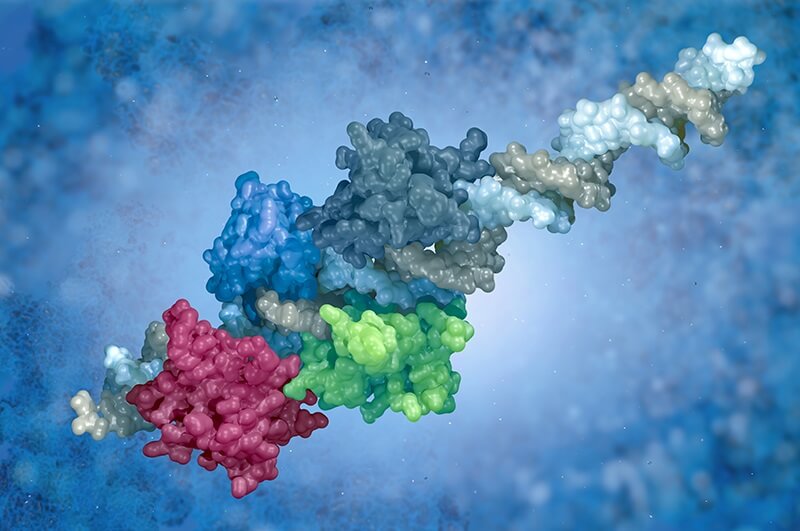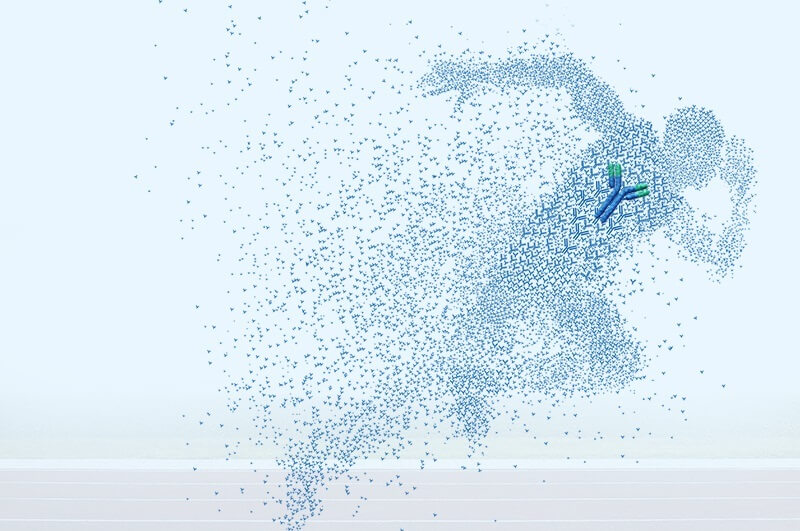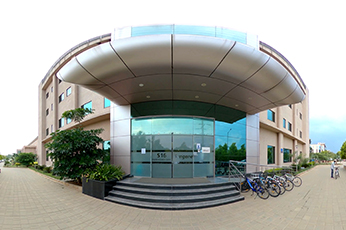Studies reveal that the pharmaceutical industry is a major contributor to climate change and environmental pollution. According to an analysis by McMaster University, Big Pharma releases significantly more carbon emissions than the automotive industry (the difference in 2015 alone was a staggering 55%). A 2018 study by the U.S. Geological Survey also found that drug manufacturing facilities are a significant source of environmental pollution. In the absence of regulatory standards, pharma companies are being called upon to do more to control their impact on the environment and safeguard the planet for future generations.
However, in the CRO/CDMO space, Syngene is leading the way in environmental sustainability. Minimizing and managing the environmental footprint is a value ingrained in the company since its inception in 1994. We follow a proactive approach to sustainability at Syngene. This encompasses sorting and appropriate recycling, reuse, and disposal of waste to control environmental pollution. Our strategy is based on two imperatives:
- Responsible use of natural resources by driving behavioral change
- Researching new opportunities and new technology to improve performance continuously
Driving behavioral change
Recently, our Discovery Chemistry Operations team initiated a series of campaigns for the mindful use of single-use consumables at Syngene’s Bengaluru and Hyderabad facilities. The team, leaders, and scientists identified widely used consumables such as gloves, rubber septum, parafilm, needles, and thin-layer chromatography (TLC) plates. These are consumables made of plastic, glass, rubber, polymer, and metal that are non-degradable and detrimental to the environment.
The team designed campaigns in consultation with team leaders and group leaders to drive home the message of the importance of using these consumables efficiently. Further, they conducted a series of workshops to explain to lab personnel how to reuse their gloves and store them correctly inside the hood. After three months of running this campaign, the average cost of gloves usage was reduced by 66%. There was also a ~40% reduction in landfills from glove waste which had reduced from 2000 kg to 850 kg in just three months.
Syngene aims to continuously reduce the proportion of waste being sent to landfills by driving similar behavioral change and innovating with new waste management solutions.
- Some other waste management projects we have implemented so far are as follows:
- Phase-out of single-use plastic on campuses
- Replacement of plastic bags with biodegradable starch-based bags
- Specialist training programs for employees and contractors on effluent management, environmental monitoring, and hazardous waste management
Green Chemistry initiatives
The Discovery services implemented several Green initiatives across the company and client projects. Our Green Chemistry approach starts at the project proposal stage itself, with special emphasis on identifying the opportunities around safety, environmental impact, alternative, eco-friendly routes, and cost reduction. They also involve telescoping reaction steps, catalysis, possible throughputs, usage of safer solvents, and auxiliaries to ensure processes are developed with a deeper understanding, including using environmentally benign chemical synthesis.
Paperless documentation
- Electronic Document Management System for department procedures, CCF, incidents, corrective action, preventive action (CAPA)
- Introduction of Online Training binders for new joiners
- Implementation of the electronic notebook (ELN) in discovery services as an eco-friendly solution to paper consumption
Chemical Sweep program
- Quarterly Chemical sweep program for intermediates
- Biannual sweep program for reducing agents, pyrophoric, explosives, peroxides, acid and acid chlorides
Restricted toxic chemicals
- Arsenic, Mercury, Lead, Fluro sulfonic acid, Hydrogen Cyanide, Hydrogen Sulfide (anhydrous liquid), Nitrogen Dioxide (anhydrous liquid), Nitrogen tetroxide, Ozone (cylinder), Perfluoro isobutylene, Silicon tetrachloride
Reduction of carbon emission
- Introduction of bead bath as a replacement to oil bath. This resulted in average carbon emission from DC labs being reduced from 12.7 tons to 4.82 tons
Reduction in hazardous chemical usage
- Centralized inventory of pyrophoric, high-energy chemicals and dry solvents. This resulted in a reduction of physical inventory by 60% in just one year
- Maintaining the solvent flammability load in each building as per NFPA standards
Zonal classification
- Ensuring contained zones for hazardous operations
Some other initiatives in the pipeline include reducing the consumption of commercial solvents such as acetone, ethyl acetate, hexane etc. A task force has already been formed to redefine the process for reducing the consumption of these solvents.
Waste management solutions
Earlier in FY2020-21, as part of our focus on waste management, we inaugurated a dedicated 4,000 sq. ft. waste management facility at our main campus in Bengaluru. The facility’s purpose is to handle non-hazardous, hazardous, and biomedical waste generated from operations. Further, as an emission reduction measure, onsite waste collection is now being undertaken by electric vehicles. Solid and liquid hazardous waste is collected in leakproof containers and segregated based on compatibility and hazardous waste categorization. Hazardous waste that cannot be recycled is incinerated to avoid contamination.
Syngene’s Waste Generation profile
A purpose-built waste storage facility is used to segregate and efficiently manage incinerable and recyclable hazardous waste. Waste water generated by our laboratories and manufacturing facilities is transferred to a specialist effluent treatment plant, where it is processed and recycled for use in utilities and landscaping, meeting the regulations of the pollution control boards.
In FY 2020-21, we recycled 80% of the total hazardous and non-hazardous waste generated from our operations. The remaining un-recyclable proportion of both hazardous and biomedical waste was incinerated according to the Hazardous Waste Handling Rules, 2016 of the Central Pollution Control Board of India.
Another example of positive waste management was the treatment of spent solvents, classified as hazardous waste. In FY 2020-21, we recycled up to 70% of spent solvents generated from research and development activities. This reduced the volume of fresh solvent required, the volume of hazardous waste to be disposed and overall costs.
Conclusion
Syngene takes great pride in the positive impact of our scientific work on the lives of millions of patients around the world. At the same time, we recognize the importance of delivering our science sustainably. As a responsible corporate citizen and among the first to publish our environment social and governance (ESG) report in FY2021 (ESG report is mandatory only from this year), we will continue to create value while striving to find new ways to minimize our environmental impact in the years to come.

